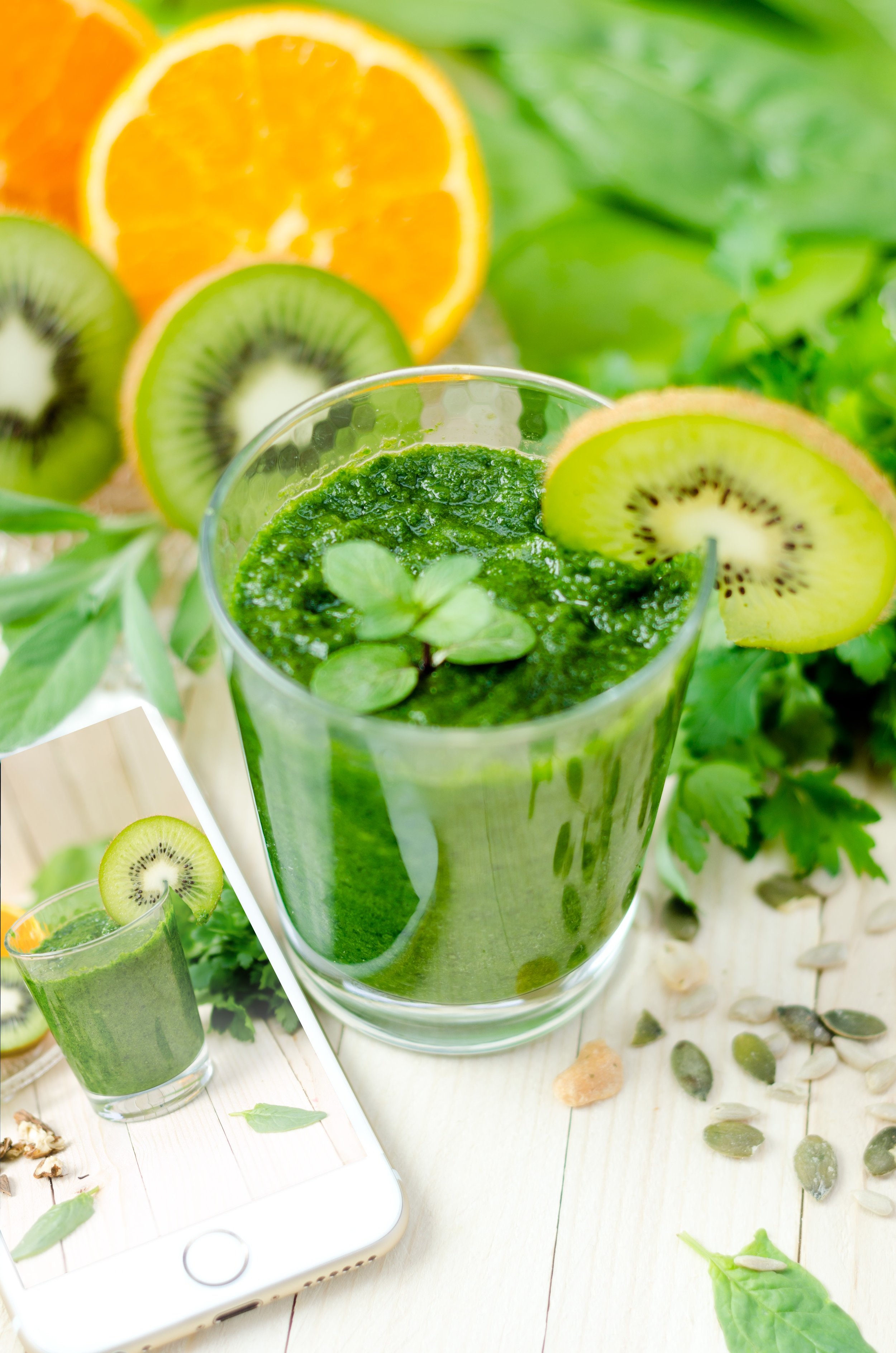Juice Cleansing: Good or bad or just a fad?
Read on before you start squeezing and sipping
Text: Hema G & Rebecca Morais
Juice Cleansing: Good or bad or just a fad?
Is your gut in COVID-19 slump? Are you curious about signing up for a juice cleanse to reset your body? We are all too guilty of calling in one too many Foodpanda or Grab deliveries, to avoid the crowds or simply because we are working from our homes.
Cold-pressed juice bars have been popping up all over town, which has only gained in popularity over the years and has become synonymous with today's wellness movement. It's a trend that's been linked to everything from encouraging weight loss and boosting the immune system to helping to remove toxins from your body, often in the hope of improving energy levels. But, what's it all about really?
What is a juice cleanse exactly?
A juice cleanse involves drinking only fruit or vegetable juices for a certain period, usually ranging from one to seven days depending on the goal. The juices are typically blended or cold-pressed from vegetables with smatterings of fruit and occasionally contain nuts, seeds, herbs and spices. Advocates of the ever-popular cleanses believe juices in the right combination, provide concentrated forms of vitamins, minerals and nutrients, which are more easily digested by the body and improve overall health and wellbeing.
The history
Dr Norman Walker was a pioneer in juicing in the early 1900s. He championed drinking fresh vegetable and fruit juices to maintain optimum health. As an ambitious young businessman, Dr Walker sadly suffered a breakdown and went to a home in the French countryside to recover. He watched one of his hosts peel carrots and noticed the moisture release from the peels, decided to blend some carrots himself and therein created his first juice! This was the start of his journey. After regaining his health (which he attributed to the intake of juices, natch), he moved to California to develop a range of fresh juices for specific conditions. He opened a juice bar and home delivery service and was widely known as America's "juice man"!
Stacked fruit pictured
The break from solid food gives the body and particularly the digestive system an opportunity to rest and repair. This strengthens the body's ability to absorb nutrients and helps it heal. Furthermore, drinking vegetable and fruit juice two-three times a day can support your immune system, reduce inflammation, thus allowing your body fight nasty viruses.
You can also achieve many of these benefits and more by simply adding more fruits and vegetables to your regular diet, rather than just juicing. Try replacing just one of your meals a day with juice or try a healthy smoothie instead and see how you feel.
As mentioned, with any diet or fast, there are always risks, so it's important to be aware of these before you start. Juice cleansers have noted symptoms including the following:
· Extreme tiredness due to a lack of protein and carbohydrates
· Blood sugar spikes. Removing the fibre during the juicing and extraction process means the juice may contain a lot more sugar and far fewer nutrients, which cause digestive problems and an increase in blood sugar levels
· The lack of protein in juices can make you lose muscle mass and will slow down your metabolism
· An increase in weight post-cleanse. This is because toxins released from body fat that is broken down by fasting can circulate in the blood until cleansing stops. This can also make you feel sick. At this point fat stores accumulate again, especially as you begin to eat solid foods. Hello yo-yo dieting effect …
Citrus fruit
People who are underweight and suffering from any form of weakness or medical condition are advised to seek the advice of a doctor before embarking on a juice cleanse or any diet change. We also recommend that children, adolescents and pregnant and breastfeeding women avoid juice cleansing due to the additional nutrients they need.
Despite all the new dieting trends, the juice movement looks set to stay but approach with caution. During the juice cleanse, follow the instructions from the juice company, monitor how you are feeling and avoid strenuous physical activity. It's important you set aside time to rest during this period. Consider a short 1–3 day cleanse to start with and see how your body reacts. Then slowly ease yourself back into solid foods post-cleanse with lighter meals and snacks.
For more on juice cleanses, read The Soothe’s previous article linked.













